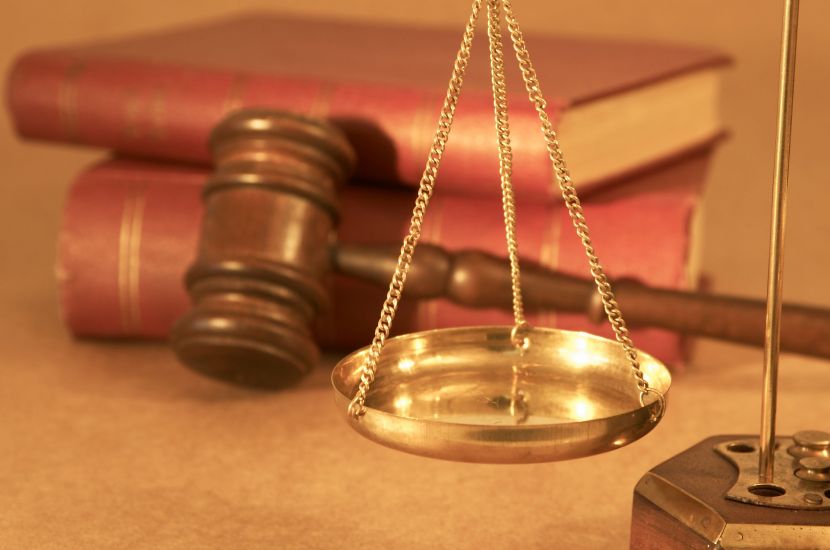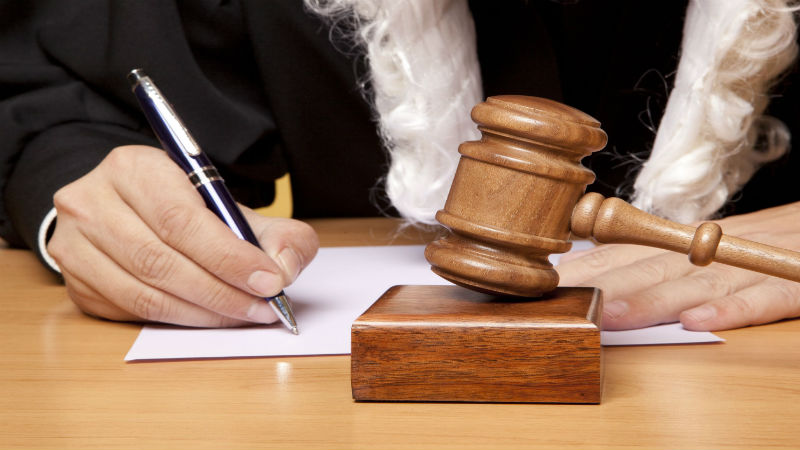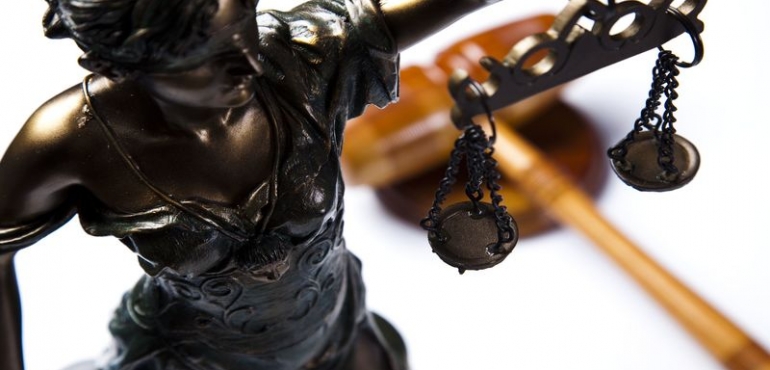Bankruptcy is a very complex area of law. There are many different elements that must be considered when you face a situation that requires you file bankruptcy. Financial woes can absolutely take your life over and ruin any positive feelings you have about your future. Let’s take a little closer look at the types of bankruptcy and how they work.
Chapter seven bankruptcy is commonly filed by individuals that find themselves in financial distress. This type of bankruptcy is known as a liquidation bankruptcy. This type of bankruptcy will involve the sale of your assets or you will have to turn them over to creditors. The court appointed trustee will decide how these assets are handled and whether they will be sold or you will be ordered to return them to creditors.
Chapter 13 bankruptcy is another common type of bankruptcy that individuals will file. This type of bankruptcy includes a repayment plan where you will be responsible for paying back a certain portion of the debts you owe. A monthly payment plan will be set and you must follow through with the plan. Many creditors will demand only a portion of a debt to be paid. This enables you to relieve some relief. If you follow through with the repayment plan, you will most likely be allowed to keep a portion of your assets. If you default on the court ordered payments, you could face seizure of your assets.
Chapter 11 bankruptcy is the type of bankruptcy that is most commonly filed by business entities. This type of bankruptcy will help a business reorganize their debt. Chapter 11 is known as the “business bankruptcy” and while under this type of bankruptcy, a business may only perform the usual sales and purchases that are necessary to keep their business up and running. Anything more will be reviewed by the court and can cause some major problems for any business.
Bankruptcy can be a positive thing for an individual or business who faces a financial crisis. Although it will stay on your credit report for a length of time, it can be a solution to solving long-term financial difficulties. Bankruptcy in Iowa is like any other state; if you file, you must be willing to conform to the laws regarding the bankruptcy case you file in the court of law.



